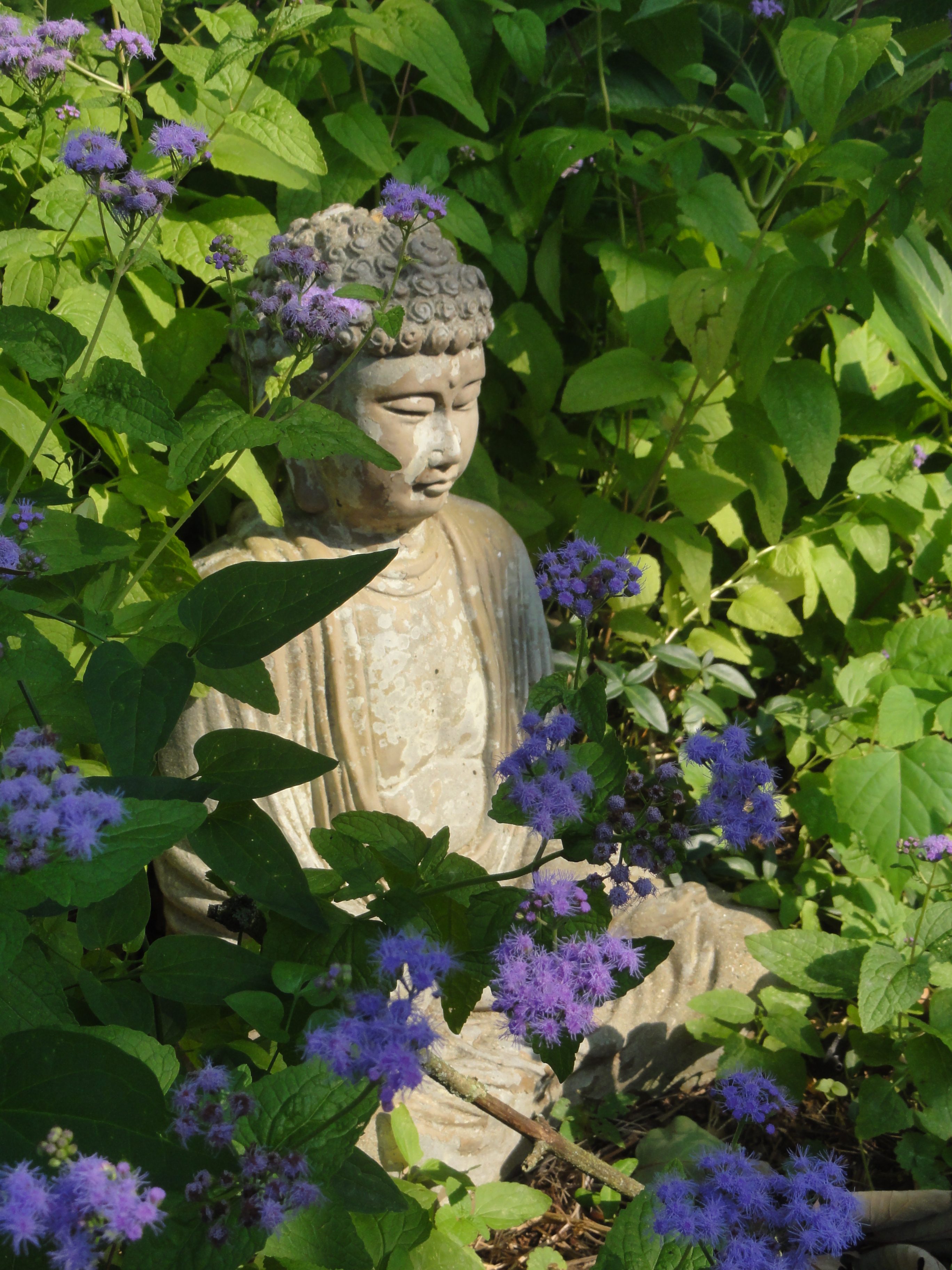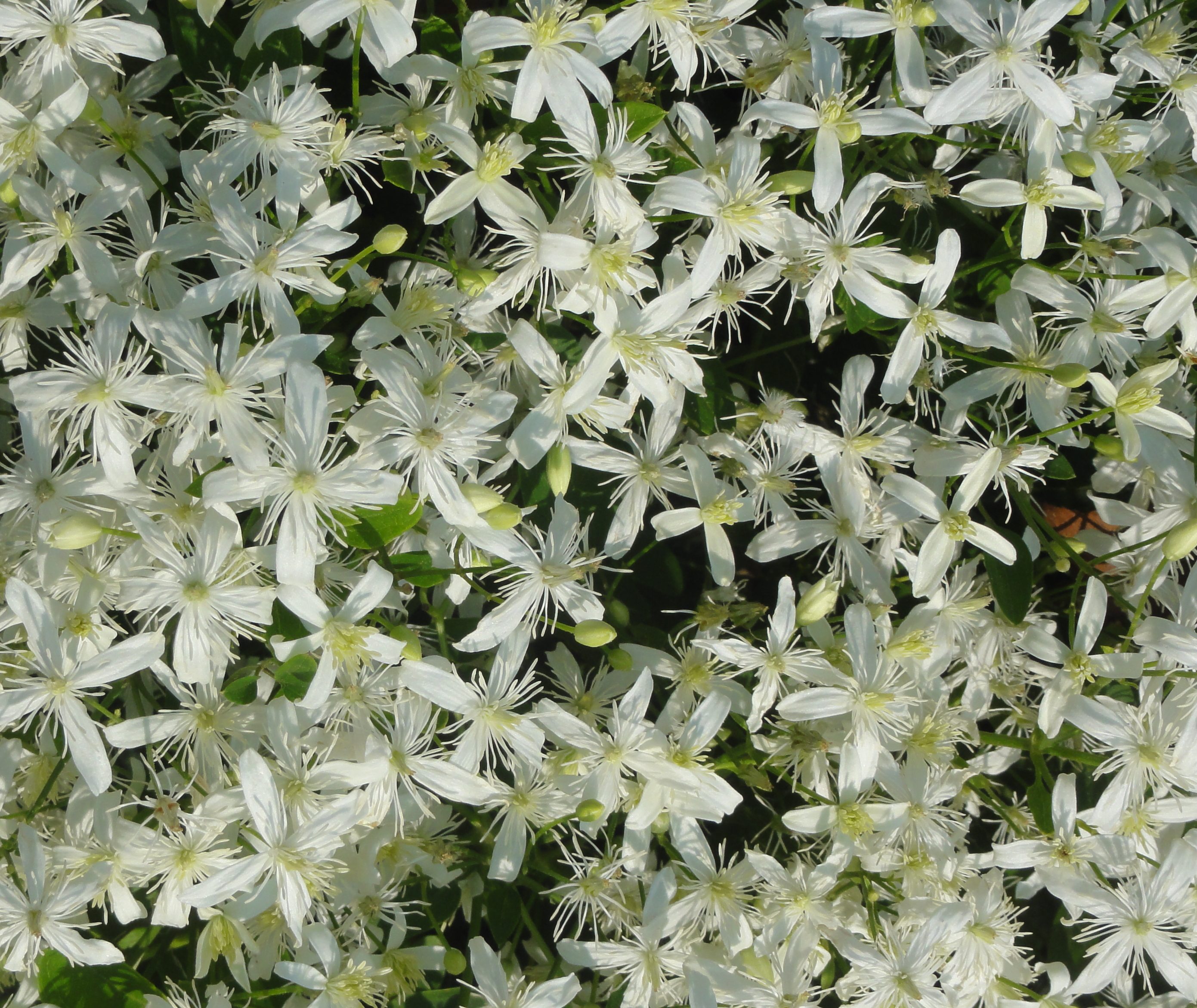Good morning!
We have a sunny Saturday morning with cool, crisp air, especially after our sittings. We also have, however, our dark world with hot, heated heads. A sphinx asked travelers the riddle of a creature having one voice, becoming two-footed, three-footed, and four-footed. Plato characterized humans as featherless bipeds. Animals, “moving staff (動物)” in the Sino-Japanese character, seeking food, became selfish.
Humans with handy hands and heavy heads have developed tools and languages, weapons and wars against others, and are now threatening to destroy the whole world with nuclear weapons, global warming, mass extinction, etc. Movements of the body and memories of them motivate the sense of a self separated from surroundings. Humans have idola, idols, of self, society, status, species, and symbolism.
The Buddha characterized all living beings as karma-machines and foresaw the destruction of the world by selfish strife and suffering. He lived and let others live by sitting still, stilling karma, seeing Dharma, serving, and saving all. Joshu’s cypress tree tells of our becoming truth and peace, like trees. Hyakujo’s sitting alone (altogether) at the Great Courageous’ Peak illustrates our becoming unmoved, like mountains.
The Buddha was awakened seeing the morning star, which represents all stars – the sun, the moon, the earth, mountains, rivers, and all under them – the whole world. When we settle in serene sitting, separating senses subside, submerged in limitless life like the ocean, unlike bubbling – as if seated in the lotus flower, which embraces fruits already, where we appreciate and use our treasure house which opens by itself.
9/2/17
Note:
- Francis Bacon in his Novum Organum, New Organon (for new knowledge), listed four idola, idols, of den, market, theatre, and tribe, to which I added symbolism (as elaborated by Ernst Cassirer’s symbolic man, cf. An Essay on Man, Philosophy of Symbolic Forms, Myth of the State, etc.).
- The sphinx asked all passersby the riddle: “Which creature has one voice and yet becomes four-footed and two-footed and three-footed?” She strangled and devoured anyone who could not answer. Oedipus solved the riddle by answering: Man—who crawls on all fours as a baby, then walks on two feet as an adult, and then uses a walking stick in old age.
- When Plato gave Socrates’ definition of man as “featherless bipedes,” Diogenes plucked a chiken and brought it into Plato’s Academy, saying, “Behold! I brought you a man.” After this, Plato added “with broad nails” to the definition.
- The Great Courageous (Mahā-vīra, 大勇) means the Buddha.
- The last sentence of the Fukanzazengi, Universal Recommendation for the Right Zazen, by Dogen reads “The treasure house opens by itself, and you will appreciate and use it at will.”











